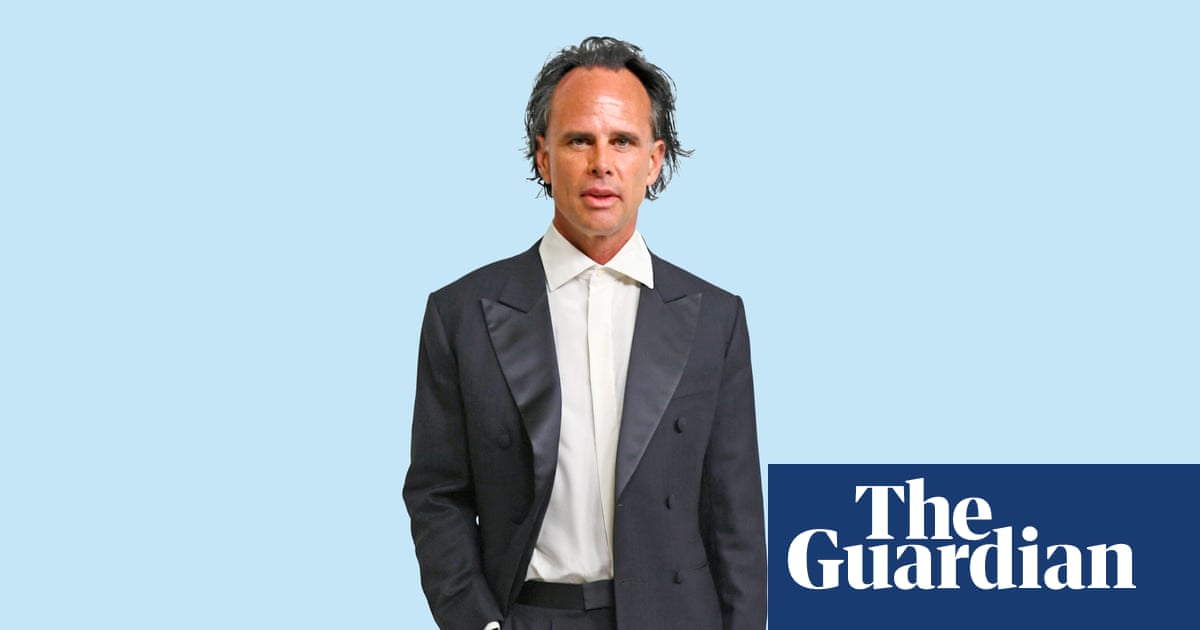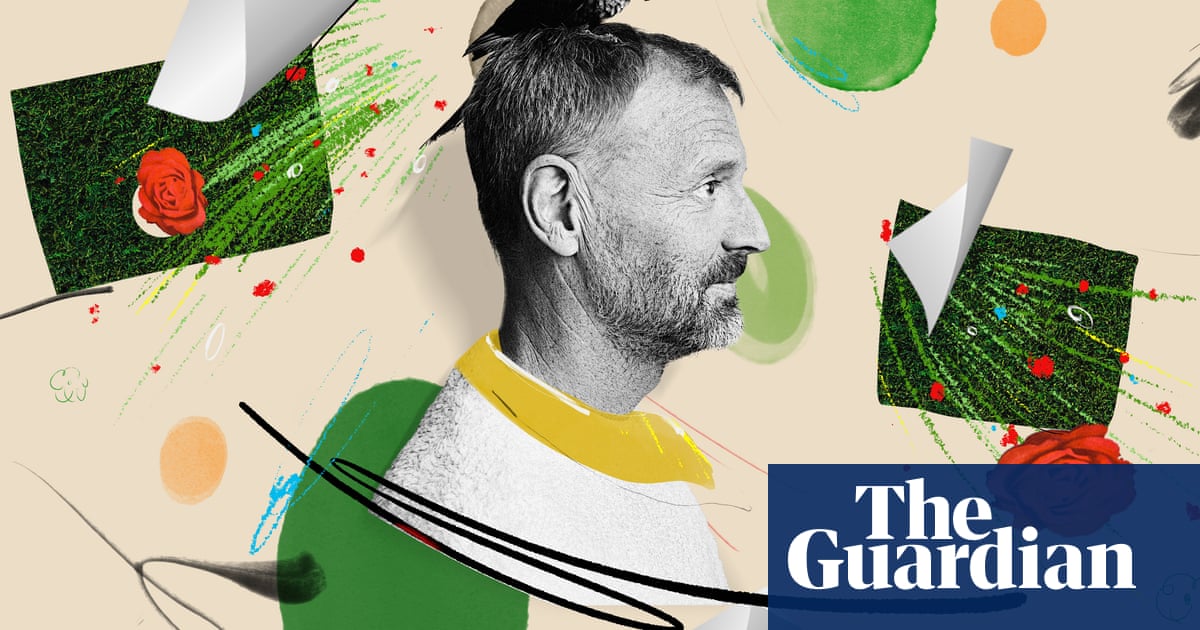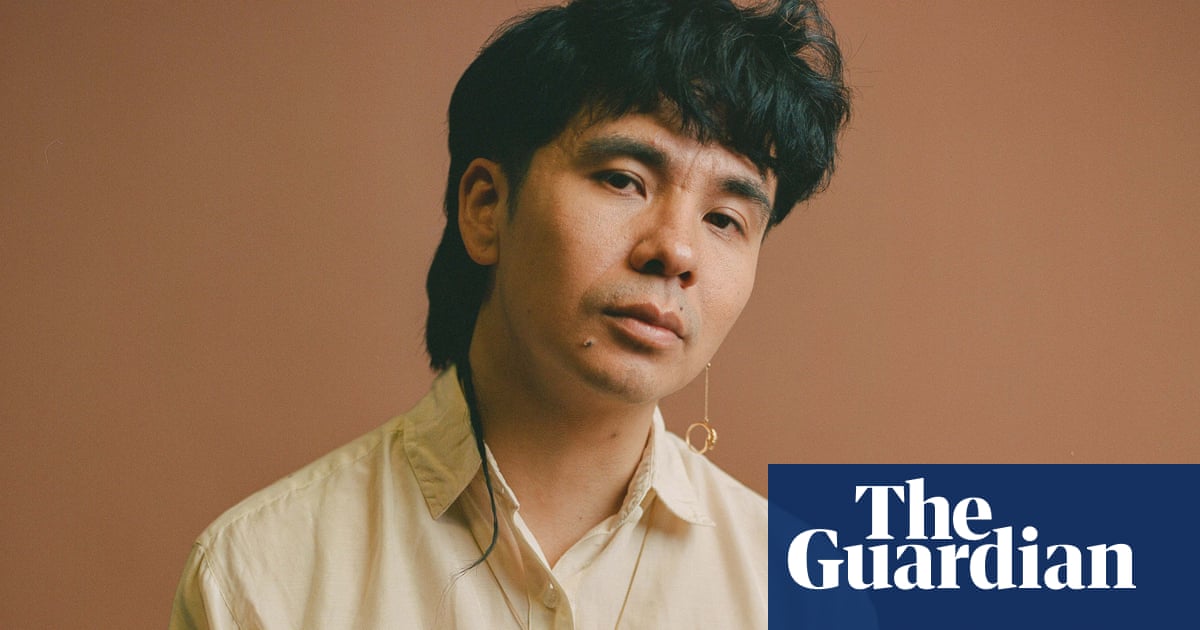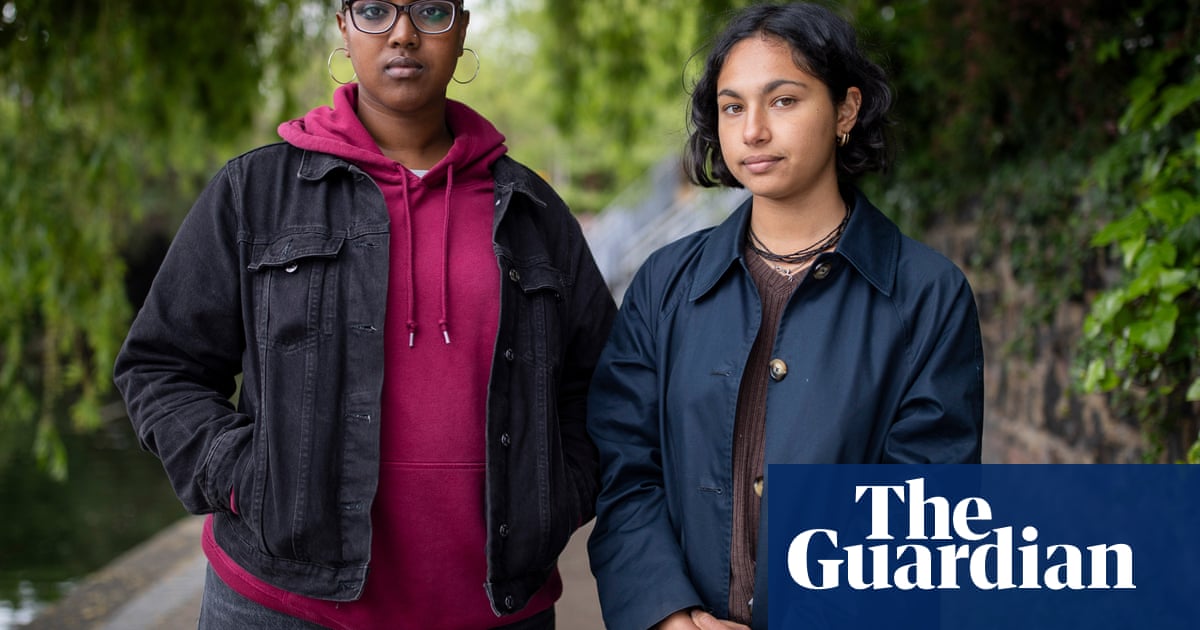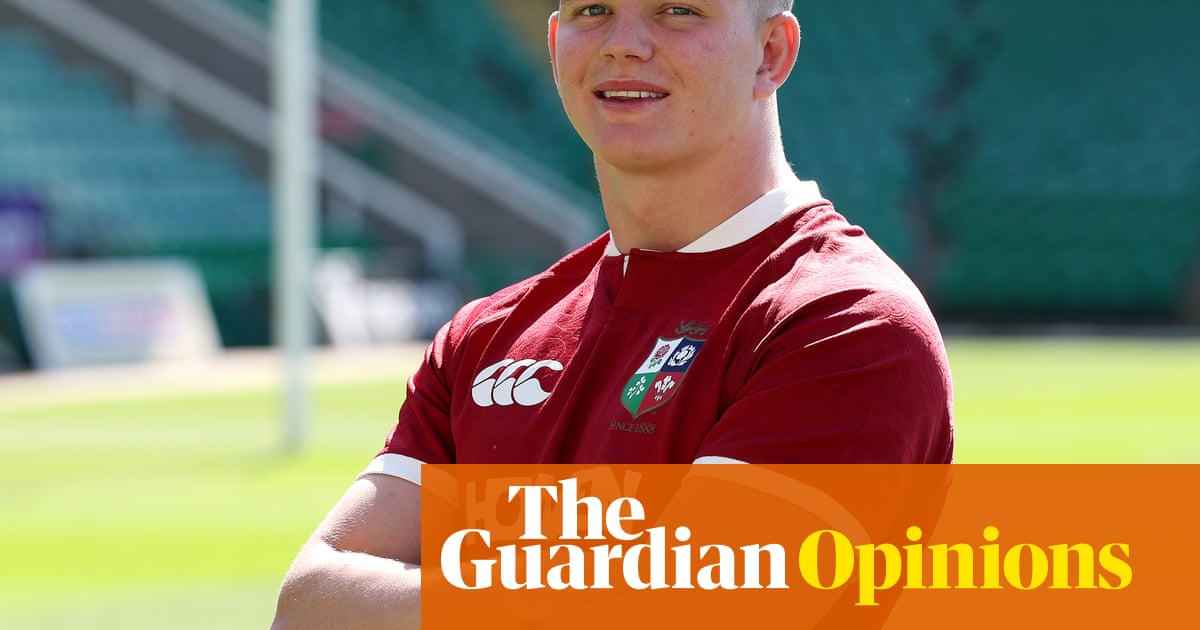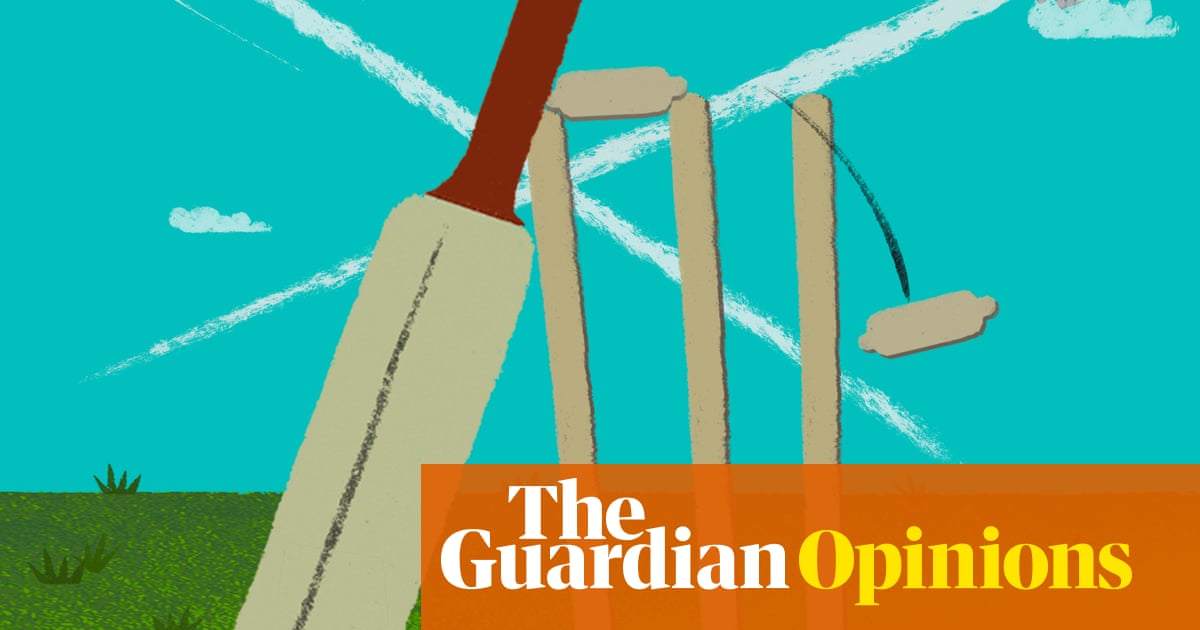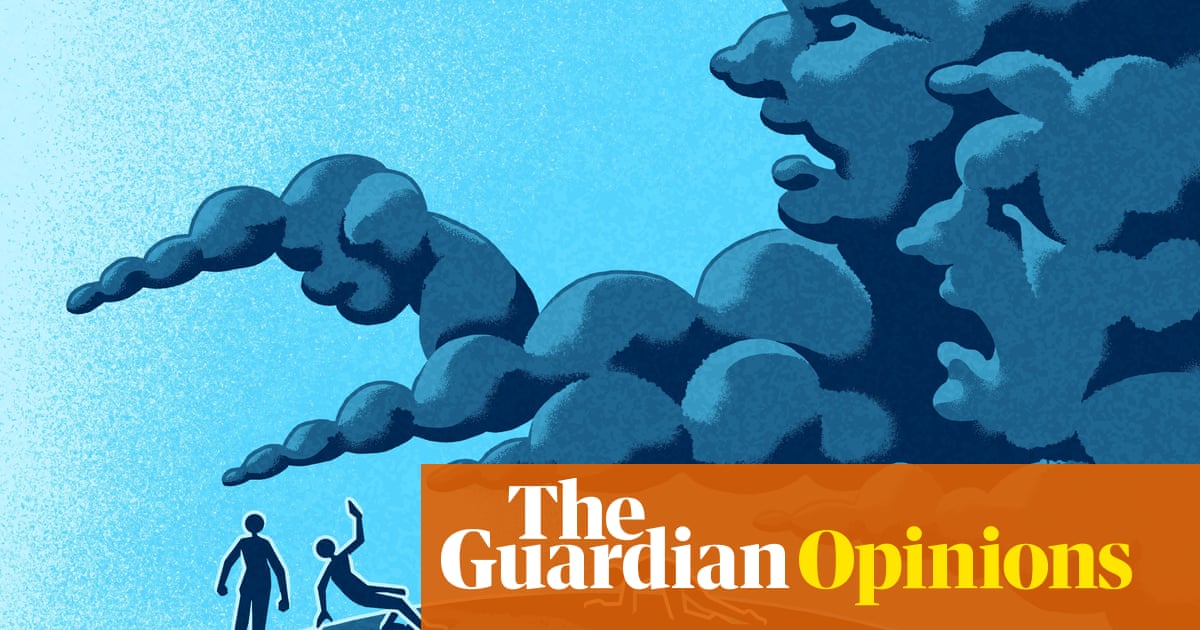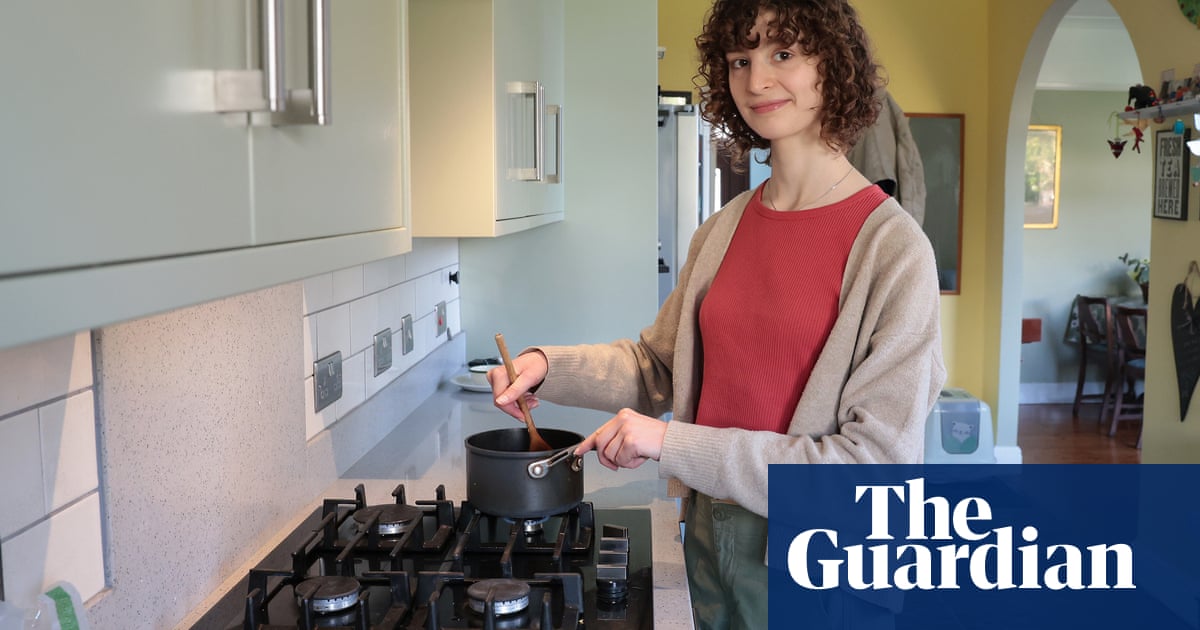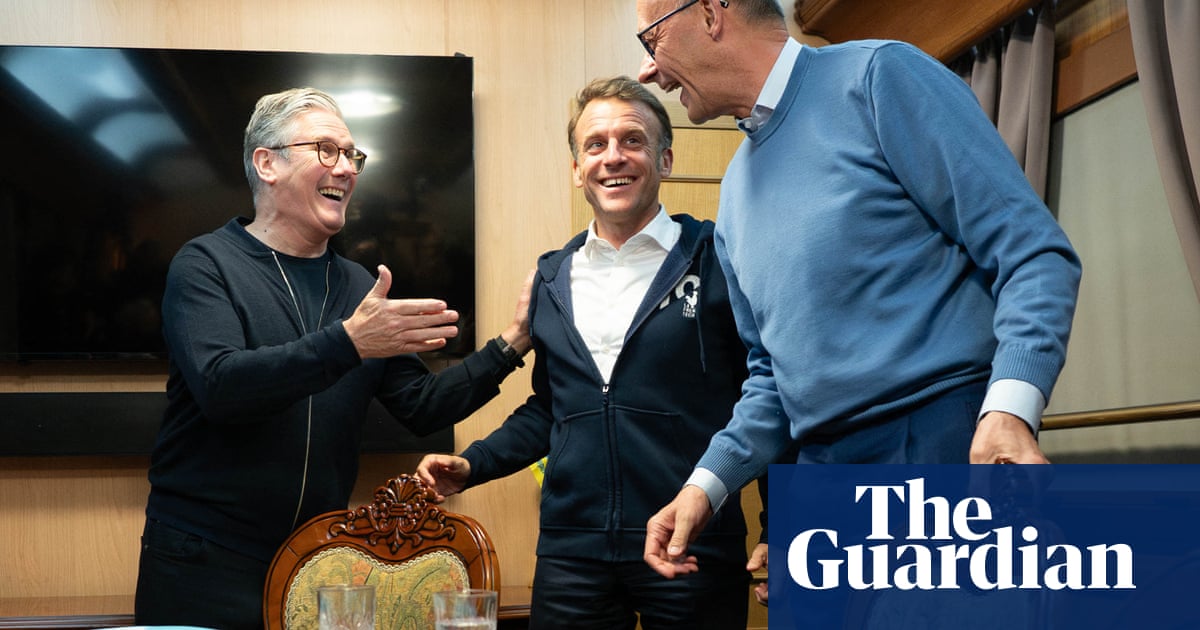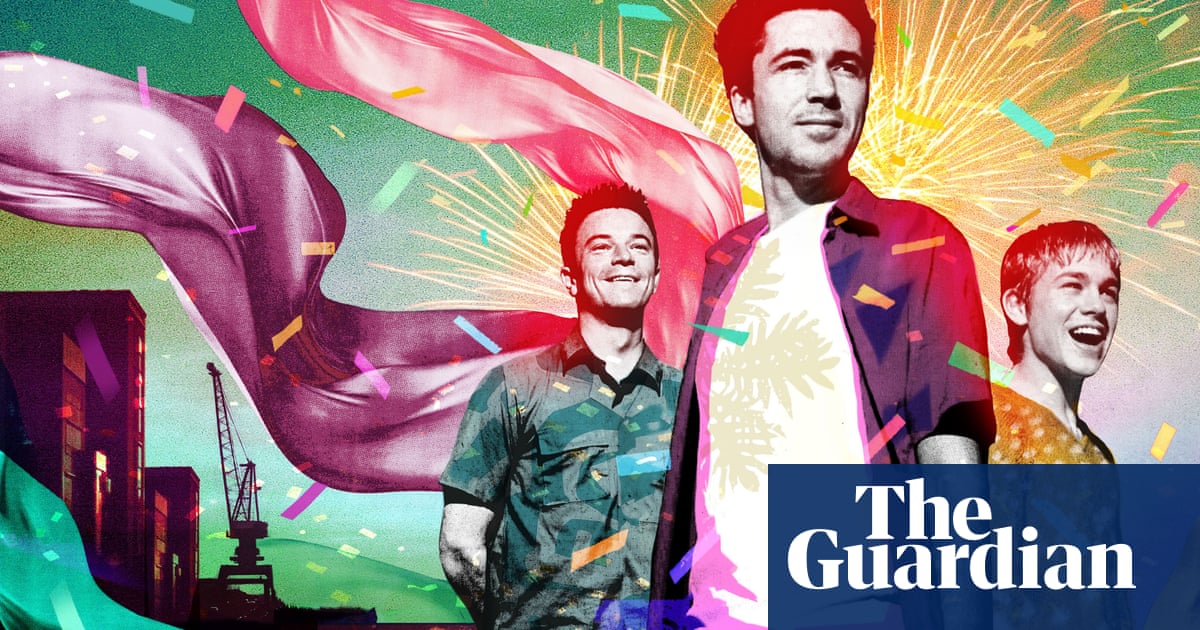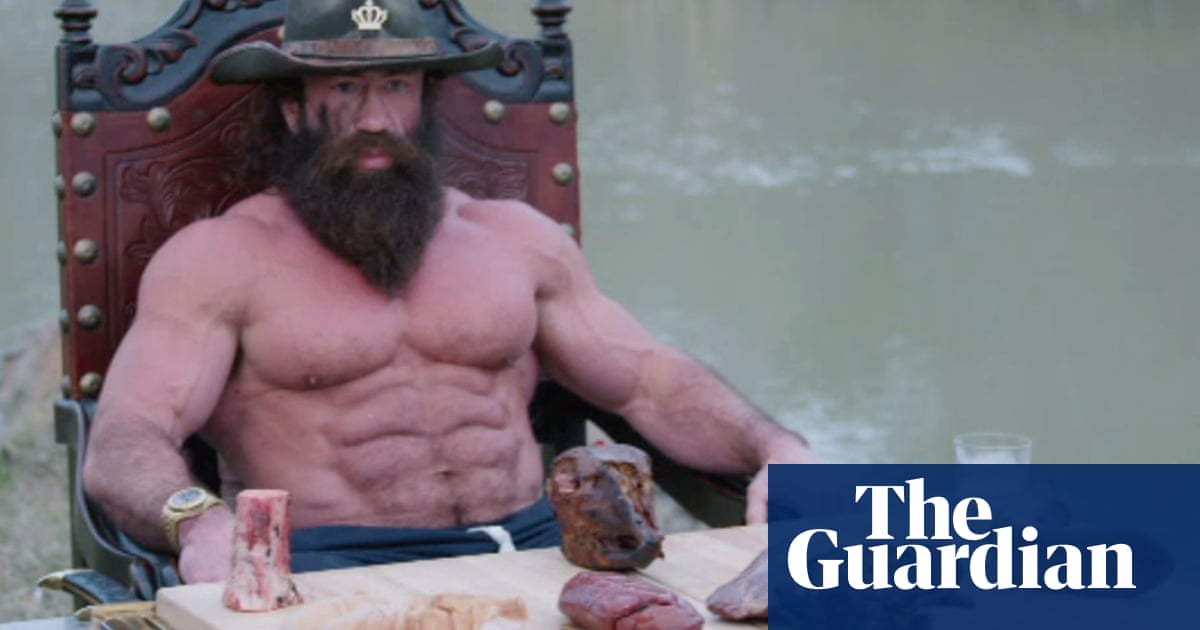
Amira’s story: ‘It was significantly more traumatic than the actual rape’
The experience I had with the legal system was quite shocking.
The DPP [director of public prosecutions] told me that my case was cut and dried. In terms of a sexual violence trial, it felt like we had a solid case. Prior to the trial, I received a plea offer. But I really wanted to push through.
Inside that courtroom, it’s like ancient times – a completely different reality.
There’s a lack of understanding around how trauma affects memory and behaviour, particularly how you behave after the act of violence has been committed against you. For instance, delays in reporting and fragmented memories are often seen as dishonesty rather than typical trauma responses.
For me, I did not know that I was stuck in that man’s house for several hours. In my statement, I wrote one hour. I know that was my brain’s way of protecting me. Reading the research, I know that. For the judges, the defence barristers, it seems that they don’t understand.
At every point of the process, the easier thing to do would have been, “I give up, you know, you win”.
It was frustrating to see how legal procedures and biases can distort the truth. It was isolating. Reporting the crime and recounting my experiences, particularly in front of people who are looking at me, you know, just picking up my cup to take a sip of water. There’s 12 people to my left who are watching everything I’m doing and analysing every single one of my movements.
I would just zone out on the chairs at the back of the room – that’s the only thing I could look at with my rapist sitting on the other side of the room. So I’m looking at the back, at the chairs, thinking that I probably appear unemotional. I’m highly cognisant of how each of my actions could be interpreted by everyone in the room.
If you cry too much, you’re hysterical.
If you don’t cry, you’re unemotional and manipulative. It’s demoralising.
The thing that was most hurtful was my kindness was used against me in a way that made it seem as though I either deserved what happened to me or it was actually consensual.
Because we had text message exchanges that were friendly – not romantic at all – they spun it as though I was this seductress by offering him kindness, that it was out of his hands. He couldn’t help himself.
For example, me walking away from my perpetrator, walking from the balcony to the bedroom and picking up my bag to leave – the defence skewed that as, “She entered the bedroom to show sexual interest.”
I was thinking, “What did you want me to do? Jump off the balcony?”
Look at the statistics of how few women make up these claims. What do we benefit? What do I get? I don’t get anything.
It seemed as though everyone in that room was of the consensus that by entering that apartment, I had consented. Period.
You know, they have the presumption of innocence, so it’s completely, “he said, she said” until he says something damning. Then, excuses are made for his behaviour. Meanwhile, your credibility is always being questioned. It’s so scary. Those buildings are scary.
I’m an honest person. I speak from my experiences. I’m not making up a narrative.
I thought that would reflect in how I answered questions. That I could show them I’m a credible person. It didn’t matter because it felt as though the jury made up their mind that there was consent based on my outfit. It was simply that it was a hot summer day and I was experimenting with my clothing style.
What I sought from the trial was a sense of validation and justice. I wanted him to face repercussions for what he’d done to me because I suffered in silence and blamed myself for what happened.
Instead of having my experiences validated, all it did was cause further harm.
I was seeking accountability. I wanted to feel as though I’d been vindicated and I’d been validated. I was hoping for recognition of the crime that had been committed against me.
But no, my experience was not taken seriously and the outcome did not reflect the severity of the crime or the crime even taking place at all.
The not guilty verdict in my case made no sense to me. On a rational level, it didn’t make sense.
The betrayal that I felt – I can only describe it as – and I know a lot of people say this, the second rape. It felt re-traumatising to the point where the trial process was significantly more traumatic than the actual rape.
It was a tortuous experience. I felt as though I was on trial and that I had been the one that committed a crime.
But he gets to sit there silently.
There was a point in cross-examination where I couldn’t walk. I couldn’t speak. It felt like my nervous system completely shut down because, I mean, there is this man in a wig and a dress telling me these awful things for days in cross-examination, asking me these questions.
I’m not stupid. I could see where he was going with his questions. I couldn’t believe that I was being subjected to this for coming out and making a claim of violence against me.
You know, the patriarchal narrative is that women are irrational and emotional.
But I felt like I was the most rational person in that room.
Bella’s story: ‘It’s horrific to have your character torn like that’

I was sexually assaulted at a gay nightclub in the city in the men’s bathrooms.
I’d been sexually assaulted before this, like a couple times. I wish I knew earlier that it’s really normal for victim-survivors of sexual violence and domestic violence to become repeat victims. I don’t think the general public accepts that as much – for example, you wouldn’t mention that in court because the jury would think it’s a “you” problem.
I thought I had gone to the police the day after the assault, but apparently it was a week. I thought I had to do it [report] in case he does it again.
I walked into the police station and I couldn’t really speak. I just kept giving them hypotheticals like, “If this was to happen and I was to report a crime, would that help?” Eventually, they could tell what was happening.
And they’re like, “Wait right there. Let me get someone.” They didn’t want me to leave.
They took me into another room and I disclosed everything. And the police officer was actually really lovely. He said, “You should not feel bad about this.”
I had immense guilt for making a big deal out of something that I knew was wrong but didn’t have the self-worth at the time to feel warranted this type of attention.
Eventually, they found male DNA but they couldn’t find a match. Then, a year later, I got a call from a detective and he was like, “This never happens but this guy’s been caught in the act … There’s a direct DNA hit to you.”
I remember it felt like I was hit by a truck.
I knew now that I was right, that he was going to do something again. And so I felt there was no option [but to go ahead with the reporting and trial].
My way of dealing with it was – I went into full-on detective mode. I had PTSD [post-traumatic stress disorder] and I separated myself from it. It didn’t feel real. I treated it like a group uni assignment or something. We’re just up all night trying to get Uber receipts and evidence.
It was a lot of emotional work and a lot of logistical work. I don’t think people understand living this dual life. I’m at work acting normal in a meeting, and I’ve got to run into a meeting room to respond to a text from a detective saying, “We found male DNA” or “How many other partners did you sleep with that week?”, “What clothes were you wearing?”
I describe the whole ordeal as like the world’s longest, most boring crime thriller or like being a firefighter. It’s either boring or terrifying.
When you report a crime like this, you feel like a walking crime scene, and everything I say is so crucial, yet I’m not even considered a main player. I’m just a witness, which is insane.
The irony of that is that’s what it felt like; because of the trauma, I felt like I was witnessing the assault, and I was out of my body. It was all I thought about.
Questions during the trial came down to like, “Were you holding the door with your left hand or right hand?” And every time I said anything, they’re like, “And where was his penis?” And I had to repeat “In my vagina”.
The rational part of me knew that this was procedural. This is how things work. It’s not about me, right? Like, there’s a bigger thing at play and don’t be sensitive. And the other part is, like, this is bizarre.
The questions were like, “Did you go to Bali on Saturday?” And you’re like, “No, I didn’t.”
They’re like, “So when you were in Bali, would you say you did or didn’t eat at the Thai restaurant?”
“I didn’t go to Bali.”
“So you’re saying you’ve never been to Bali.”
“No, I have, just not on the weekend.”
“And you don’t like Thai food. You never liked Thai food.”
I’m like, what? The flow was so nonsensical. But when I heard his side of the story via cross-examination, I felt emboldened to speak my truth because his account was so far from the truth.
I was so well supported. I had a team that believed me. I had access to victim services. I had a therapist and a doctor, my parents knew; my boss was a witness. I could not have been more supported. And that’s incredibly unique. And I acknowledge that privilege but, even as supported as I was, it was quite otherworldly and horrific to have your character torn like that.
And to be told you’re a liar when your reality is already slightly tenuous and you already hate yourself. It’s so dehumanising.
What was strange is that a lot of the reasons I believe in our justice system were working actively against me in this situation. I believe in the right to a fair trial. And that means, you know, no prejudicial information to the jury. However, I knew that he didn’t have a clean slate.
I don’t even like punitive measures. I think a lot of victim-survivors feel the number one thing you want is to be believed, and you don’t want them to do it to anyone else. It’s not punitive … or for attention, which is the most bizarre idea because there are so many ways to get attention that don’t involve getting emotionally murdered.
There was a remarkable moment when I was being cross-examined, where they were trying to sort of infer that my memory couldn’t be trusted because I would use different language. I’d say, “It’s hazy”, and they’re like, “Do you mean you were too drunk?”
I’m like, no, I just need a moment to think about the specific thing you’re asking because I’ve got my own memory, but humans don’t store memory based on the questions you’re going to ask. So, while I have a memory of being assaulted, I don’t remember which arm I was using to hold him back because that wasn’t the important part of the trauma. There were bigger things on my mind.
The barrister asked, “Can you turn to the jury and explain to them what you mean by dissociation or numbing out?”
Like, big mistake, because if there’s one thing I could do, it was explain how I was feeling. And I was able to turn to the jury and say, “I’ve got PTSD. And as a part of a symptom of PTSD, I get these full body jolts, and I have flashbacks, and I remember things, but they also make me freeze, and I feel frozen in time.
‘That doesn’t mean I don’t remember what happened. And there are gaps in my memory, but I will always be honest about those gaps. It doesn’t mean that the whole night’s a blur.”
The fact that trustworthiness hinges on the ability to recall specific details seems so fundamentally broken to me.
It took 1,049 days from the time that it happened to the day he was sentenced. [I have] such a complicated relationship with the word justice now.
I’ve actually had very lucky experiences compared to a lot of other victim-survivors. That’s also important to share because it’s not a hopeless plight. It is absolutely excruciating and difficult and heart-wrenching but it can work, and people can be good along the way.
Being believed by a jury freed me of the shame I had been carrying. Now I know the community is a safer place and that I did the best I could in making that happen.
Amanda’s story: ‘I felt a lot of shame that wasn’t mine to carry’

The day after I was assaulted, I told friends and family, and they said to me, “Do you want to go to the police?” And I thought, “Yeah, OK, let’s go to the police.”
The first detective that took my statement was a man. He said to me so genuinely, “You’re doing a really good thing … you’re so brave for being here. And we’re going to help you.” I was like, this feels right. And I feel seen.
My main statement took me about six hours to finalise. And then, from there, you kind of just let the police take it and roll with it. They’d say to me, “You know, this isn’t your case, you are a passenger. We’re taking control of the case, you just have to say the truth, and that’s it.”
It was quite a lengthy investigation. I never really knew exactly what was going to come out of it. They said to me, “You know, it could be unlikely we even get to trial because not many cases do; we’ve got to get past the DPP. And even then, if you do go to trial, it’s unlikely that he’ll get found guilty because not many do.”
I was just like, “OK, well, I’m kind of invested.”
I think it was like a year-and-a-half to go to court. I just kept thinking to myself, “This isn’t my case any more.”
I could have pulled out or dropped [the case]. That’s just not in my nature. I was so determined. But then I also I didn’t know what the other options were. I’ve since heard there are things like restorative justice and all these other options I was never aware of.
I’d also had a previous experience with sexual assault where I didn’t report. I just let it go. And I felt shitty after that.
You’re kind of like, damned if you do, damned if you don’t.
Once the statement had been done, it was kind of relief, but also anticipation and nervousness for what was to happen next. I got a phone call saying my perpetrator had been arrested.
You’re just anxious. I felt a lot of shame that wasn’t mine to carry. I felt a lot of anxiousness. It wasn’t nice. But then the trial was insane. It was just emotionally draining. I lost 15kg in the weeks leading up to the trial. I couldn’t eat.
You’re not really meant to talk to anyone – the majority of my family and close friends were the ones that I had first told about the assault. So they were the witnesses. You weren’t meant to have any interaction with the witnesses throughout the whole trial. So I was in a hotel room by myself, couldn’t see my family, couldn’t see my friends. I was so terrified of doing anything wrong.
I had no idea coming into the trial what I’d be asked in cross-examination, what the defence’s position was.
I think the hardest part was just the humiliation. The defence lawyer, she just humiliated me, excuse my language, but just humiliated the shit out of me. She kept me on the stand for days in cross-examination. And you could just tell she was finding ways to wear me down, wear me down, wear me down.
You just think, “How am I going to get through this?”
And my coping mechanism was to gaslight myself, like people have it worse than you know, you’ll get through this. I remember walking into one of the rooms that you wait in, and there were little colouring books. And I asked them, “Oh, what are the colouring books for?’ And they said, “Oh, that’s for the kids who have to come to trial.” I just thought, “Fuck, you are so lucky, kids have to go through this”.
For the defence team to then gaslight me as well. They were like, “Why did you report? You wanted an apology, didn’t you?”
And I was like, “Yeah, I wanted an apology.” And they were like, “But you got that, so why did you continue with reporting?”
So, so manipulative [and] humiliating.
Throughout the court case, the judge would say, quite enthusiastically, like a tick box exercise, “Oh, just because Miss X was drunk doesn’t mean she consented. I want you to keep that in mind.”
But at the end of the day, because I was drunk, I was wearing a short dress; they’re going to assume that’s what she wanted.
You pick a jury of 15 people, [there’s] the likelihood of the majority of them having deeply entrenched patriarchal views or rape myths in their minds.
I remember – before I went through a lot of this – reading cases that were in the media or following the Johnny Depp case and being like, “oh, what’s Amber talking about?”
I’ve had these deeply entrenched views, then I was on the other side and I was like, “oh, shit’. But that’s just like how a lot of us were raised.
And how society is.
I mean, it’s unbelievable. I had a bit to drink that night but like 80%, 85, even 90% of what I recalled matched what was on the CCTV footage except for one minor detail, which they latched on to.
They expect the victims to remember years after what had happened to them in such great detail. How are you going to remember every single little detail about something traumatic that has happened to you?
He was found not guilty. So now I’m like, well if something happens again, there’s no way I’m going to be able to report it again. They’re going to laugh at me.
After the trial, it was definitely frustrating to go back to normal life, pick up the pieces that I was left with and get on with it. It definitely made me look at the legal system like it’s a bit of a game really. It’s who’s got the better story. And who wins the hearts and the minds of the jury.
This notion that victims, or women, want to throw away these men and put them in jail – I never wanted anyone to go to jail. I never wanted a punishment. I wasn’t there to conspire against this person or make them out to be this monster.
Justice to me – the reason I reported and what I wanted – was just to make sure that this didn’t happen to anyone else and that he knew what he had done was wrong and that he wouldn’t do it again.
And I will actually never know that. I will never know what he has learned or what he’s thinking. I’ll never know if he won’t do this again. I’ll never know. So, you really have to find justice within yourself and find peace within yourself.
I still have nightmares of him and the process and the court and defence lawyer. It definitely has changed me forever.
But as far as, like, the court process goes, I don’t regret it.
It’s just so interesting when you think about it philosophically; the whole concept of reasonable doubt is so absurd for sexual assault.
It is one tiny doubt. And part of me is like, you know, if I was in the jury, I’d probably have some reasonable doubt as well.
But that doesn’t mean that it didn’t happen.

 3 months ago
71
3 months ago
71
